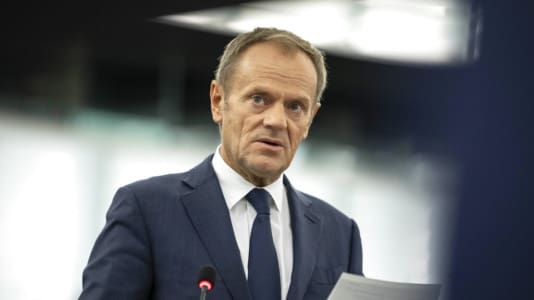Polish President Andrzej Duda has signed into law a 60 percent increase in universal child benefit which will come into effect from the beginning of next year.
Poland’s ruling party, back in the spring, announced that universal child benefit would rise from 500 to 800 PLN (€180) per month. The legislation required for this to come into effect in the new year has been passed and, on Monday, President Andrzej Duda signed the bill into law arguing that it was money well spent, and was in fact an investment in the well-being of families.
He said that the money meant social development and hoped for demographic development. In fact, the universal child benefit has reduced poverty but has not led to an increase in the birth rate.
The universal child benefit program has been in place since the spring of 2016. It played a central part in getting the conservative Law and Justice (PiS) party, as well as President Andrzej Duda, elected in 2015 when it became the cornerstone of the conservatives’ family policy.
The 60 percent increase in the benefit will cost the exchequer an additional 24 billion PLN (€5.42 billion) next year. The substantial rise is to make up for the inflation which has occurred over the past seven years. The benefit was not index-linked, nor is there any proposal that it should be so in future.
The ruling conservatives hope that the increase will be an electoral asset in this autumn’s parliamentary election. The policy has been popular with the public but is one which all political parties, apart from the libertarian nationalist Confederation, now support and vow to keep.
The ruling party recalls how the opposition had argued that there wasn’t the money to pay for such social transfers. However, during their period in office, the ruling conservatives have been able to more than double income from taxation and to grow the state budget accordingly.






